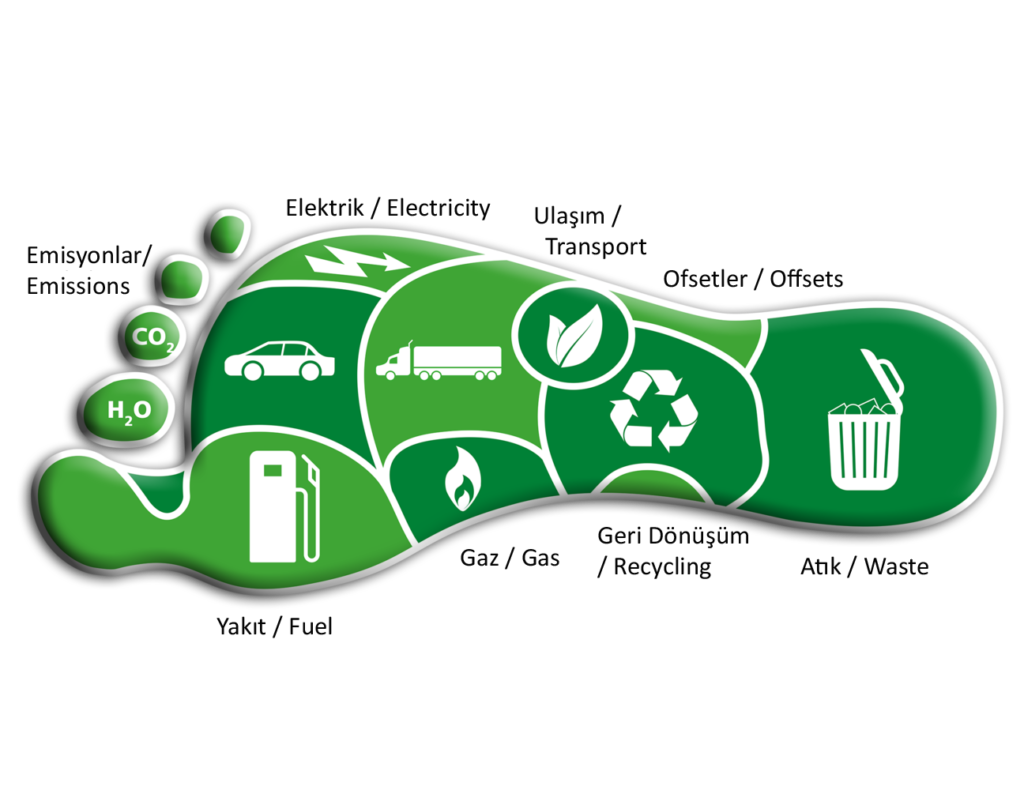
Sustainability
He was first introduced to the concept of sustainability in 1987, thanks to the World Commission on Environment and Development. Subsequently, it began to be remembered with a holistic approach covering ecological, economic and social dimensions, shaped by the decisions taken by countries to solve the problems of the planet and the reports published.
What is meant in the essence of the concept; It is the ability to provide a self-renewing natural environment, social conditions based on equality and prosperity, and an economic system without leaving anyone behind.
The main purpose here is the responsibility of leaving a world that is livable in every respect to future generations.
As Wilco Group, We are advocates and implementers of sustainability sensitivities.
We work to reduce pollution of nature, ensure energy and water efficiency, offer healthy working and living spaces to our business partners, and improve working conditions for our teammates and organize continuous training.
Carbon Footprint
Carbon footprint is a measure of the damage caused by human activities to the environment in terms of the amount of greenhouse gases produced, measured in units of carbon dioxide, and consists of two main parts: direct footprint and indirect footprint.
The primary footprint is a measure of the direct CO2 emissions that arise from the burning of fossil fuels, including domestic energy consumption and transportation, while the secondary footprint is a measure of the indirect CO2 emissions of the products we use, which are related to the manufacturing and eventual degradation of these products, from the entire life cycle of the products we use.
As Wilco Group, We support the fight against carbon footprint with our action plans and the protective practices and working procedures we carry out with our business partners.


Recycle
It is to protect the main raw material and prevent the energy expenses spent in production by making the parts of the materials used that are out of use available to be consumed in the existing product or similar non-product products. By reintroducing consumed materials into the recycling ring, the need for raw materials decreases. In this way, increasing consumption in parallel with the increase in human population is prevented from disrupting the natural balance and causing damage to nature.
Reusing used paper or those produced from the same tree in paper manufacturing can reduce air pollution by 74-94%, water pollution by 35%, and water use by 45%.
For example, by adding one ton of waste paper to paper pulp, cutting down 8 trees can be prevented.
As Wilco Group, we are an organization that moves forward with the same advocates in the separation and reuse of all used products, purchasing policy and cooperation policy.

